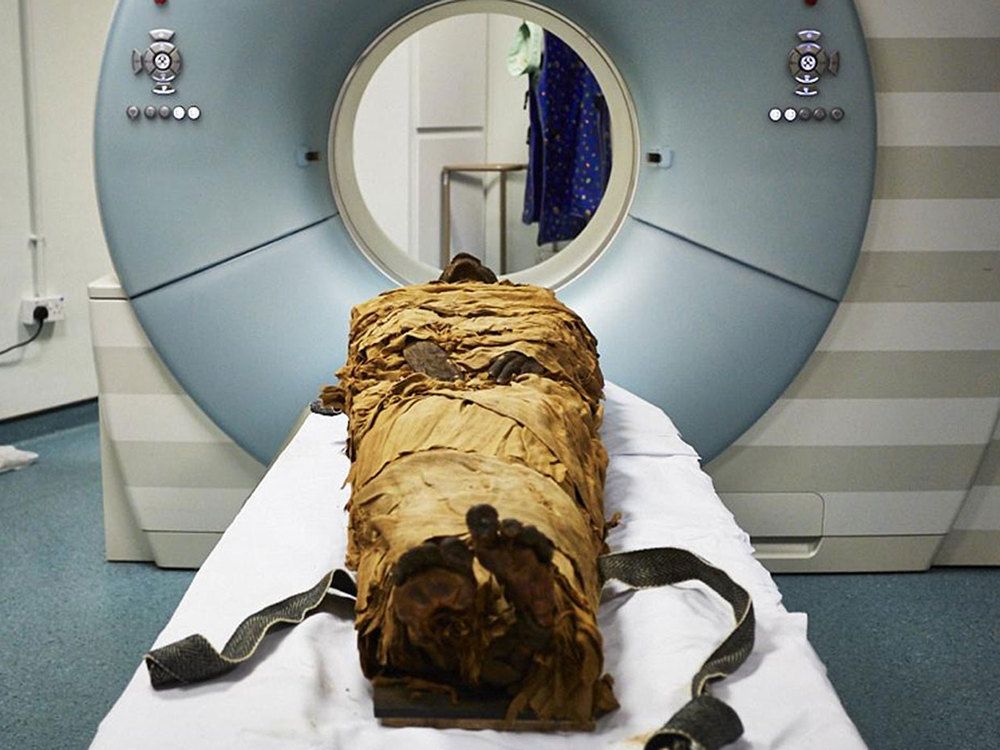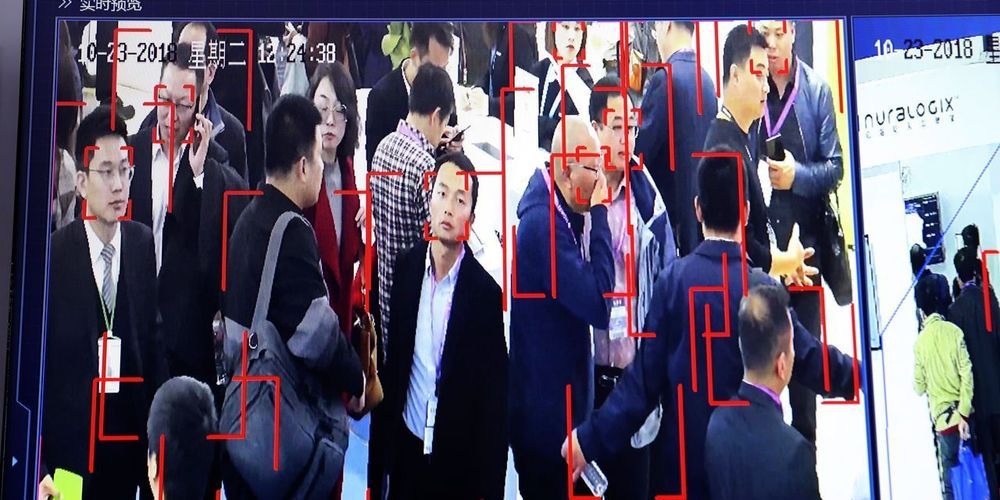Since the explosion of student debt following the Great Recession, annual repayment rates, or the amount of existing balances lowered, have been just 3%, Moody’s said. Just 51% of borrowers who took out loans from 2010-12 have made any progress at all in paying down their debt.
“While in the past, higher enrollment and rising tuition were the main drivers of growing student loan balances, more recently, slow repayments have become the primary driver,” Jody Shenn, senior analyst at Moody’s, and others said in the report. “Over the next few years, the combination of slow repayments and elevated, if no longer growing, levels of new borrowing will likely fuel further increases in outstanding debt.”
There are multiple reasons why the debt levels are not going down.







